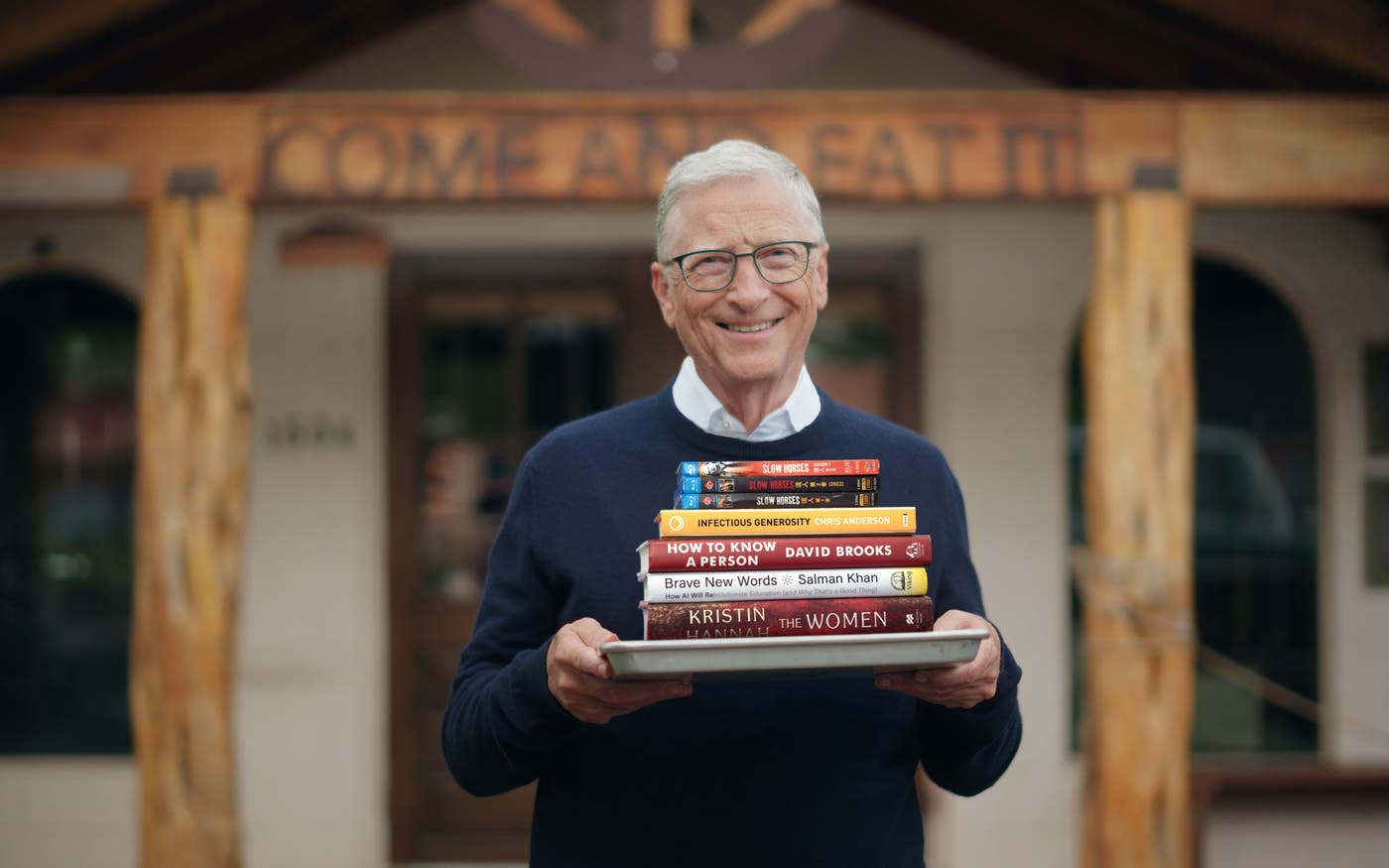
In service
5 great things to read or watch this summer
I found an unintentional theme connecting them all.

When I finish one book and decide what to read next, there’s rarely a logical connection between the two. I might get to the end of a history book on the Civil War and then pick up a sci-fi novel set in the distant future. The same goes for shows and movies: I gravitate toward whatever sounds most interesting at the moment.
But when I put together a list of recommendations, it’s fun to look back and see if there’s a thread that runs through them. This time, there definitely is.
The books and TV series on my summer list all touch on the idea of service to others—why we do it, the things that can make it difficult, and why we should do it anyway. One is a novel about the sacrifices made by American nurses on the front lines of the Vietnam War. Another is a call for (and a guide to) being more generous in the digital age. Others include a rumination on connecting with other people and a look at the evolution of how schoolteachers support their students. Even the TV series is a fictional show about government agents protecting their country.
I didn’t intend to go deep on the idea of service, but it’s certainly as relevant today as ever. At a time when wars dominate the headlines and our politics is becoming more and more polarized, it’s inspiring to appreciate those who help others and think about how we can be more generous in our own lives.
Here’s my list, with links to longer reviews of each entry. Do you ever look back and discover unexpected themes in the things you’ve read, watched, and listened to?
The Women, by Kristin Hannah. This terrific novel tells the story of a U.S. Army nurse who serves two tours on the frontlines in Vietnam before returning home to a country rocked by protest and anti-war sentiment. The author, Kristin Hannah, has written a number of books that did quite well—including this one—and I can see why. It’s a beautifully written tribute to a group of veterans who deserve more appreciation for the incredible sacrifices they made.
Infectious Generosity, by Chris Anderson. Chris, who has been the curator of TED Talks for more than two decades, explores how the internet can amplify the impact of generosity. He offers a plan for how everyone—including individuals, governments, and businesses—can foster more generosity. It’s not just about giving money; he argues that we need to expand our definition of generosity. If you want to help create a more equitable world but don’t know where to start, Infectious Generosity is for you.
Slow Horses. I’m a sucker for stories about spies. I’ve read several of John le Carré’s novels, and two of my favorite movies are Spy Game and Three Days of the Condor. I’d put Slow Horses up there with the best of them. It’s a British series about undercover agents assigned to Slough House, a fictional group inside MI5 where people are sent when they mess up badly, but not quite badly enough to get fired. Gary Oldman plays the head of Slough House, who’s basically the polar opposite of James Bond. He’s a slob and an alcoholic, but then he surprises you with some amazing bit of spycraft. Like le Carré novels, Slow Horses has enough complex characters and plots that you have to really pay attention, but it pays off in the end. (Available in the U.S. on Apple TV+.)
Brave New Words, by Sal Khan. Sal—the founder of Khan Academy—has been a pioneer in the field of education technology since long before the rise of artificial intelligence. So the vision he lays out in Brave New Words for how AI will improve education is well grounded. Sal argues that AI will radically improve both outcomes for students and the experiences of teachers, and help make sure everyone has access to a world-class education. He’s well aware that innovation has had only a marginal impact in the classroom so far but makes a compelling case that AI will be different. No one has sharper insights into the future of education than Sal does, and I can't recommend Brave New Words enough.
How to Know a Person, by David Brooks. I liked David’s previous book, The Road to Character, but this one is even better. His key premise is one I haven't found elsewhere: that conversational and social skills aren't just innate traits—they can be learned and improved upon. And he provides practical tips for what he calls “loud listening,” a practice that can help the people around you feel heard and valued. It’s more than a guide to better conversations; it’s a blueprint for a more connected and humane way of living.


